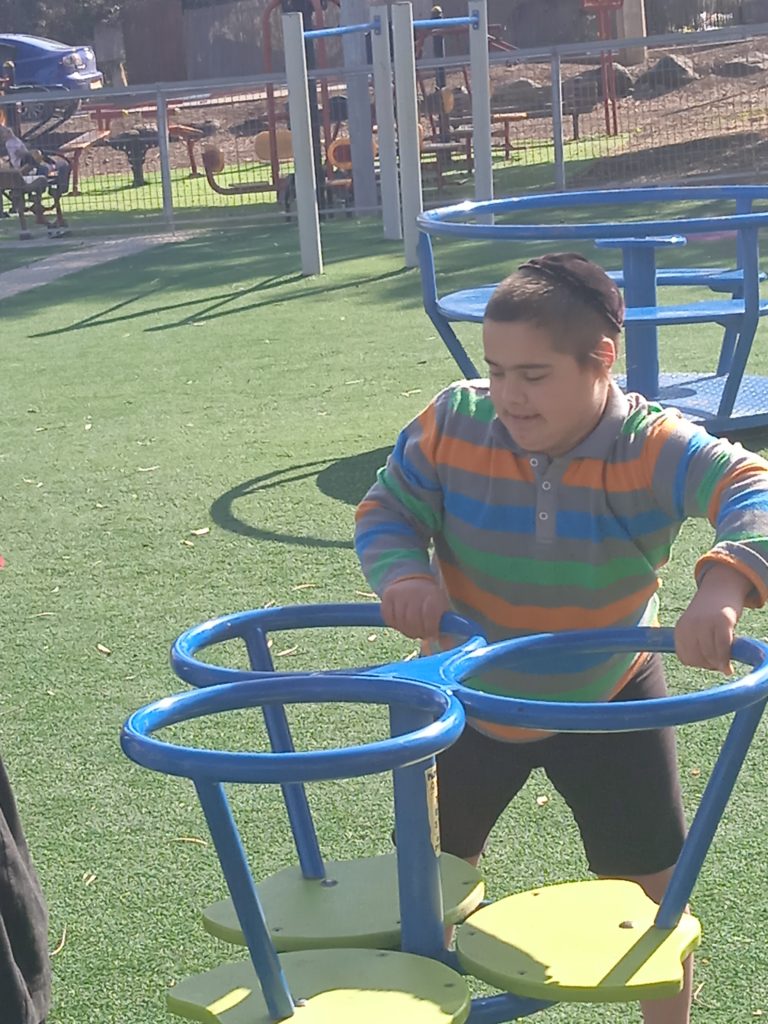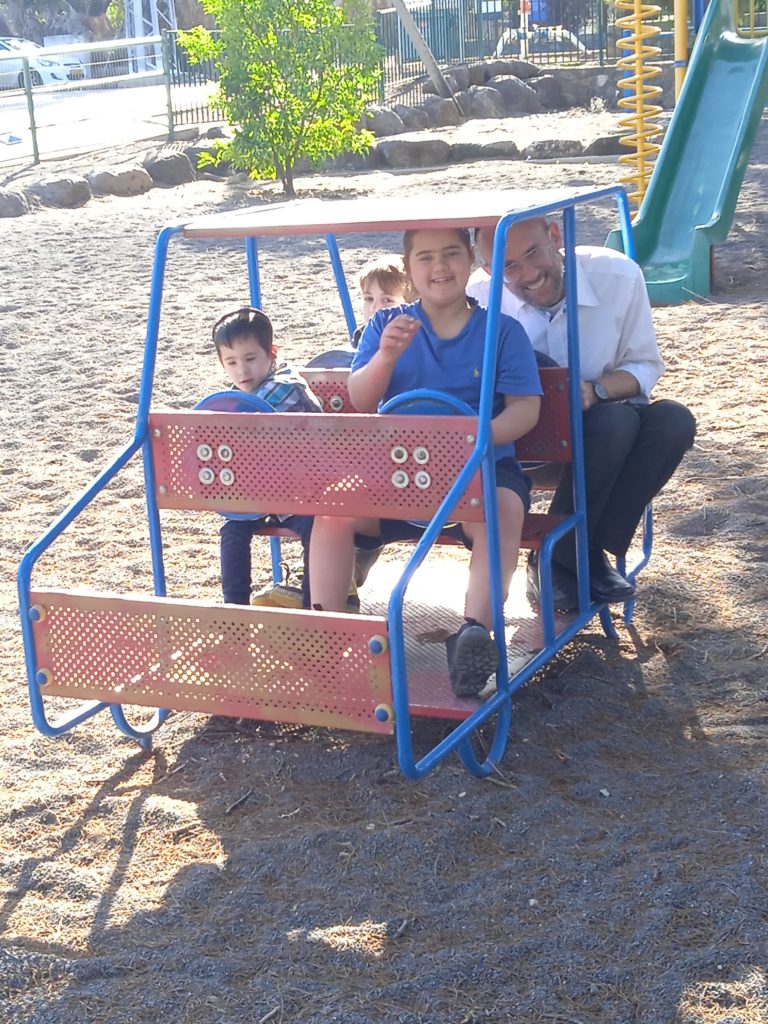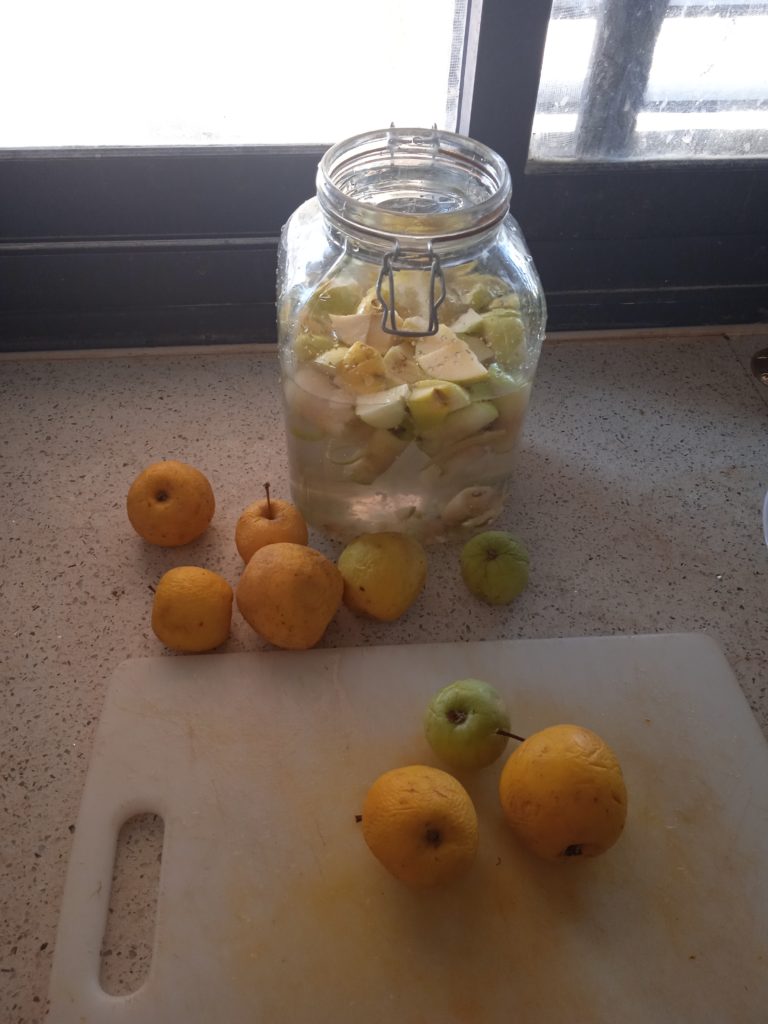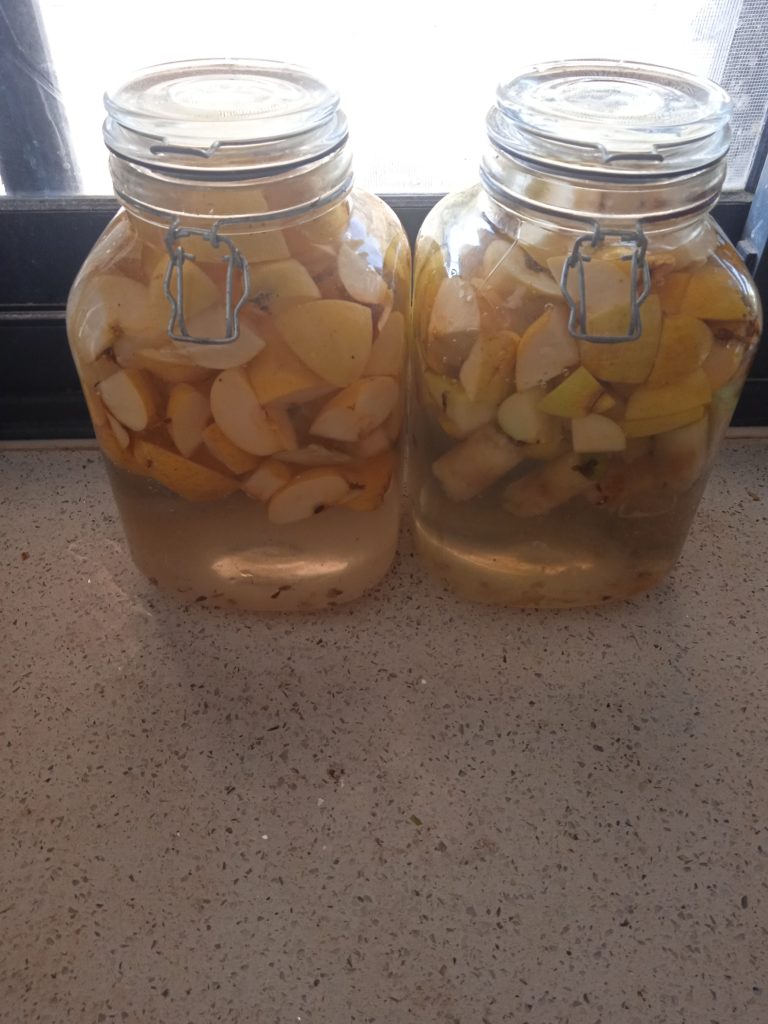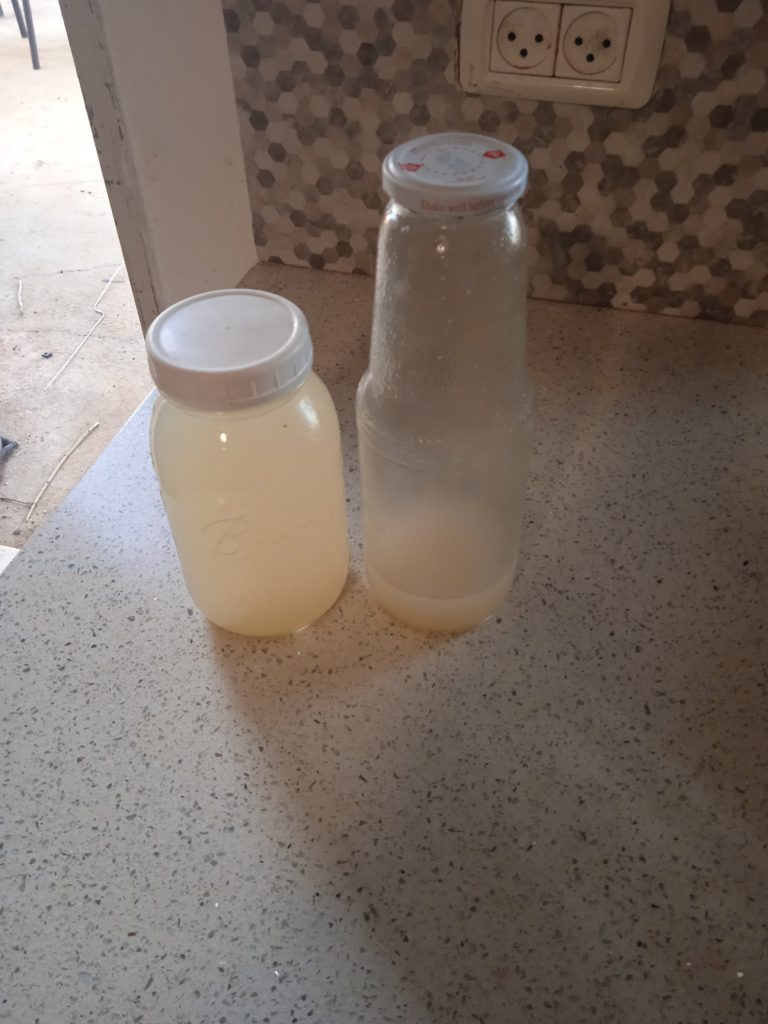I received a thoughtful response to my post yesterday about food shortages and my suggestion to US readers to buy some extra food.
>> The attitude you are approaching is the American prepping attitude. I am familiar with it as I spend a lot of time on online homesteading communities. It is a worldview born in the backwoods of America where this idea of each-man-for-himself independence makes sense (sort of).<<
I have been using the frugal strategies that I have shared for many years, long before there was a term calling ‘prepping’ or ‘preppers’. I don’t identify as such, nor do I identify as a homesteader, though for many years I’ve noticed many homesteaders have similar attitudes to myself in some areas.
>>It is questionable whether it belongs in a tiny urbanized country like Israel and, more specifically, in Jewish communities.<<
I question the assertion that a worldview of being responsible for one’s self rather than relying on others to take care of you is specifically American. I would say that historically this was the norm across all societies when people had the ability to do so. Food was preserved during the autumn (during times of abundance) to put away for the winter (a time of scarcity). Often people tried to put food up for two years, knowing that a crop could fail and they would be left without food if they only prepared for one.
This is the same thinking as having a savings account. When you have a good income, you put some aside, knowing that at a later time there could be extra expenses that come along, sickness, or job loss. It’s about being prudent with your resources at times of plenty, knowing that life shifts and unexpected things happen. Do people in urbanized areas not believe in financial investments or savings, do they not buy car or life insurance?
>>In the Jewish community, we are all one. It’s not every man for himself. If my fellow Jew is suffering, I am suffering. I am not interested in grabbing for myself or making sure that me and mine are OK, while my neighbors and wider society go up in flames.<<
It’s not only in the Jewish community that we are all one. All of humanity is one. What is good for one can’t be at the expense of what is good for others. This is inherent to my worldview.
There are three levels of functioning: dependence, independence, and interdependence, with interdependence being the highest level. A person can’t developmentally skip from one level to another. We all start off life dependent, and as we grow, hopefully become more responsible for ourselves. From that position of being independent, we can move into family and community relationships of interdependence.
I find the assumption that those who are being responsible for themselves are being selfish or lacking in faith to be a false and unfair construct. Yes, there are people who are selfish in this world. How that develops is the topic for another post. But generally, when we have more, when we feel internally abundant, we are more willing to share with others. We don’t teach a toddler to share by insisting he share before he feels a sense of ownership of an item. He has to be given the space to own it, to feel the fullness of having it, and from that place will naturally want to share with others.
As parents and as members of society, we give from a place of overflow. We don’t serve anyone by continuing to give when we are depleted. A mother who doesn’t take time for herself will become burnt out and resentful. A community member who has hardly any resources for himself will be preoccupied with meeting his own needs, and not only unable to help others, but the communal resources available will be directed to him.
To suggest someone do without because it’s not fair that others don’t have as much as him, isn’t helping others. We benefit as a society when as many people as possible become abundant (externally and internally), and use their personal resources wisely. To expect others to replenish us when we have the possibility of helping ourselves is choosing to be dependent. You help no one by teetering on the edge of barely taking care of your personal needs.
(Sometimes we can’t be independent; self-reliance in all areas is an impossibility. When we need it, it’s important to be willing to ask for the help we need and graciously accept it when offered. That’s where interdependence comes in.)
Back to the importance of being in a place of overflow. A few days ago, I was in the supermarket and due to a policy issue, an older couple’s check wasn’t accepted. I was at the customer service desk when this was happened, and because I had enough money in my account, was able to offer to pay for their groceries. Without the personal reserve, I could have given them a warm and sympathetic smile but the generosity in my heart wouldn’t have physical expression.
My fourteen year old son just asked me about joining a first aid course. I asked why, and he said he’s not interested in working on an ambulance, but he does want to have the ability to help others if someone gets hurt when he’s there. I didn’t tell him, no, that would be selfish for you to learn something that everyone else doesn’t know. I am delighted for him to have knowledge that can be shared with others at a time of need.
I want to be generous, and so do many others. I’ve read of so many people who are planting much bigger gardens than they need – so they can share; of stocking up on food – so they can share; people making plans to look out for more vulnerable neighbors who won’t have enough – because they care. Not because they are trying to grab all the available resources for themselves before anyone else does.
There are different ways to give, and different ways to be generous. Not just with your physical resources, but with your skills and knowledge. I have awareness of some things that are happening that many others don’t. I wrote my post from a place in my heart of giving, wanting to share what I know with the intention to help as many others as I can. For me, it would be selfish to stay silent when I can say something that could help others.
If people take steps to buffer themselves bit by bit, they will be much less anxious and afraid when encountering escalating food prices or empty shelves. Everyone who is independent is then in a position to be interdependent with others, and strengthens society.
>>If Hashem has social and economic upheaval in store for us, I accept HIs plan and remind myself it is good. He has put us through tough times before and we have stood strong through our faith and through helping others and remembering always that He is One and we, His Children, are one.<<
I completely agree. And I also believe that we if we see a storm coming, we can go to the hardware store and buy sheets of plywood to cover our glass windows so they don’t break when the hurricane hits. We don’t stand outside unprotected saying, G-d will help me. We take whatever action we can, knowing that in the end, it is G-d who will protect us.
So this comes down to a personal question of where is the line for hishtadlus/personal effort, and faith. That line is different for every person, and the higher your level of faith is, the less preparation you need to do. A person needs to be very honest about what their spiritual level is; many people give lip service to faith when they just don’t want to be bothered to take any steps to help themselves.
Looking ahead and taking steps to mitigate a problematic issue isn’t having a lack of faith. Eizehu chacham? Haroeh es hanolad. (Who is the wise man? He who anticipates what is to come.)
I’ll go so far as to suggest that the person who chooses to take no action to shield his family from challenges, saying instead ‘It will work out,’ and leaves it to the efforts of others to make sure his needs are met, is the one who is being selfish. Community leaders work selflessly to find solutions for those struggling in their communities. I’ve occasionally behind the scenes seen the weight of the burdens these people are carrying. With so many people who have no way to create any buffer needing assistance, why voluntarily add to the communal burden?
>>When you read stories of those hard times and their luminous heroes, they are always the people who gave selflessly to others, not the ones who saved their own necks.<<
Survival and selflessness aren’t mutually exclusive. I just finished a biography of a Jewish family who believed the warnings that most others found impossible to believe in 1940s Hungary. They took action by obtaining false identity papers that enabled them to hide as Aryans, and survived when many others didn’t. When the war ended, they immediately became known as people that others turned to for assistance.
Our heroes show us much to admire and strive for. But who said everyone has to be a hero? We don’t have to be heroes, and we don’t have to feel guilty or inadequate that our goals aren’t those of heroic individuals.
>>If tough times are ahead, let’s “prep” by strengthening our emunah and our middos of chessed and ahavas yisroel. Rather than stockpiling more than ever, let’s GIVE away more than ever, showing Hashem that we know that only He can protect us. <<
There’s so much more to say on this topic; it’s something I’ve thought about quite a lot. I’m the first to admit that I have a long way to go in my spiritual evolution. But I think we can agree that strengthening one’s faith and connection to G-d is the most important action anyone can take, at any time.
Avivah
